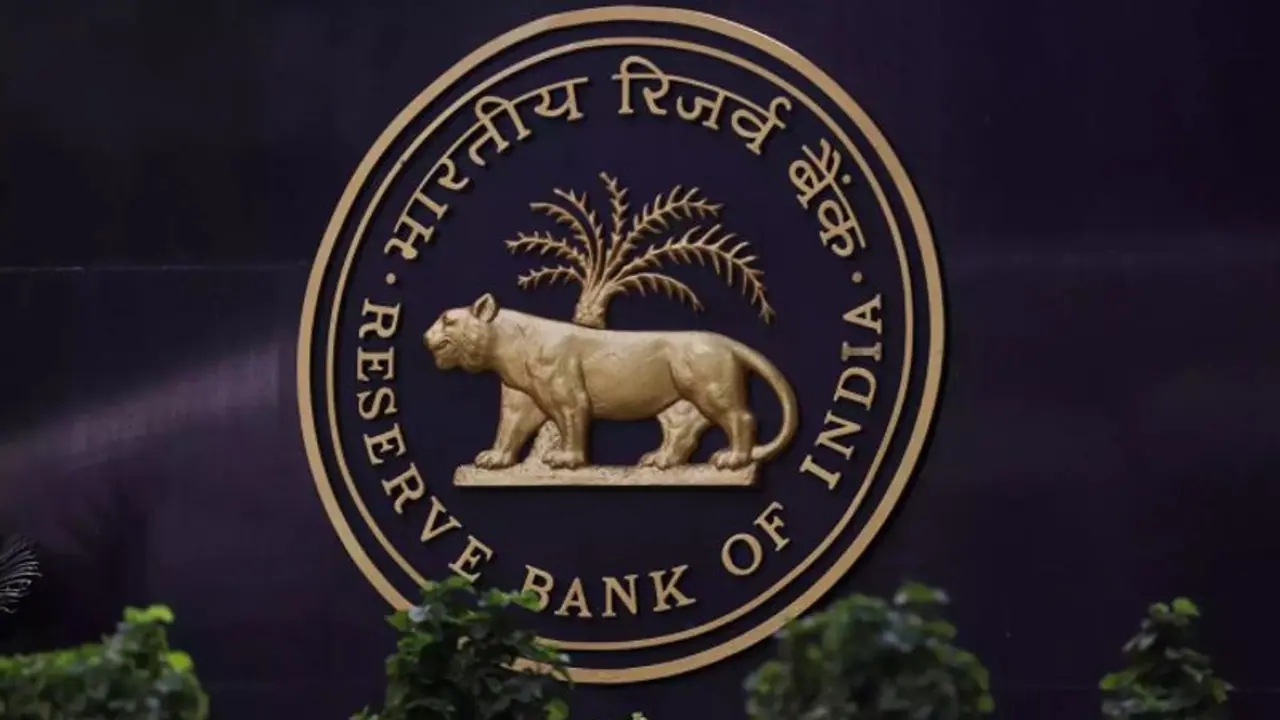The Reserve Bank of India has reportedly transferred over 100 tonnes of gold from the UK to its vaults in the country. This marks the first time since at least early 1991 that such a significant amount of precious metal has been added to the domestic stock.
The Reserve Bank of India has reportedly transferred over 100 tonnes of gold from the UK to its vaults in the country. This marks the first time since at least early 1991 that such a significant amount of precious metal has been added to the domestic stock.

According to a TOI report quoting sources, a similar quantity of gold might be brought into the country in the coming months for logistical reasons and diversified storage.
According to the latest data, the RBI held 822.1 tonnes of gold at the end of March, with 413.8 tonnes stored overseas. In recent years, the RBI has been among the central banks purchasing gold, adding 27.5 tonnes during the last financial year.
For many central banks, the Bank of England has traditionally served as a primary storehouse, and India is no exception. Some of India's gold reserves have been stored in London since pre-Independence days.
“RBI started purchasing gold a few years ago and decided to undertake a review of where it wants to store it, something that is done from time to time. Since stock was building up overseas, it was decided to get some of the gold to India,” an official was quoted as saying in the report.
For most Indians, gold holds significant emotional value, especially since the Chandra Shekhar government pledged the precious metal to address the balance of payments crisis in 1991. While the RBI purchased 200 tonnes of gold from the International Monetary Fund about 15 years ago, the Indian central bank has steadily increased its gold reserves through ongoing purchases in recent years.
“It shows the strength of the economy and the confidence, which is in sharp contrast to the situation in 1991,” a source told TOI.
Transporting 100 tonnes of gold, nearly a fourth of the country's total stock as of the end of March, was reportedly a massive logistical undertaking that required months of meticulous planning and precise execution. This operation involved close coordination between the finance ministry, the RBI, and several other government agencies, including local authorities, as per the report.
Initially, the RBI reportedly obtained a customs duty exemption to bring the gold into the country, with the government “foregoing revenue” on this sovereign asset. However, there was no exemption from integrated GST, which is levied on imports and shared with the states.
A special aircraft was said to be used to transport the large quantities of gold, accompanied by detailed security arrangements. This move will also help the RBI save on some of the storage costs paid to the Bank of England, although these savings are not significant.
Within India, the gold is stored in vaults located in the RBI's old office building on Mumbai’s Mint Road and in Nagpur.
